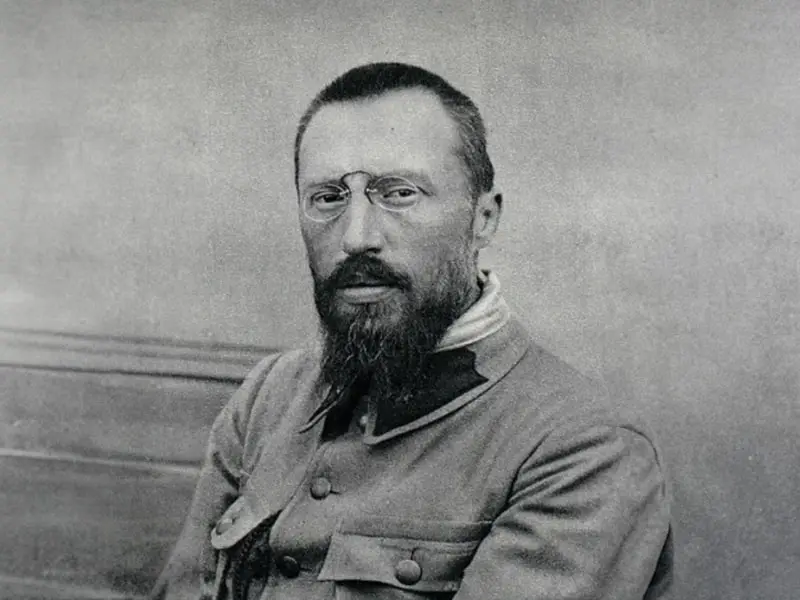This year marks the 150th anniversary of the birth of Jerzy Zulawski – a novelist, poet, playwright and philosopher, and above all one of the Polish precursors of science fiction, who not only inspired the creators of world culture, but also predicted one of the elements of technological conquest of the cosmos by mankind.
Born on July 14, 1874, Zulawski was an extremely versatile artist: he wrote both dramas with historical and contemporary themes, in his time eagerly staged in theaters, poetry and various prose genres: short stories, novellas, novels and philosophical essays.
Zulawski as a thinker was primarily interested in civilization and social processes. He externalized these very reflections in the work that secured his status as one of the forerunners of Polish science fiction literature – that is, in the so-called Lunar Trilogy (Trylogia Księżycowa), which consists of novels: On the silver globe (Na srebrnym globie, 1903), The Victor (Zwycięzca, 1910) and The Old Earth (Stara Ziemia, 1911).
Zulawski’s work tells the story of a tragic expedition to the Moon, which results in the creation of a new civilization – and with it a religion and social structure – cut off from the sources of earthly culture. Developed over three volumes, the pessimistic vision of the emergence, development and demise of culture, crossed with a fractious technical ingenuity for the time, inspired many creators: the greatest figure of Polish science fiction, Stanislaw Lem, Andrzej Zulawski (the writer’s cousin’s grandson), who made a breakneck attempt to transfer his novel On the silver globe to the screen, or contemporary speculative fiction authors, the most explicit tribute to Zulawski being paid by Chris Beckett in his novel Dark Eden. The work of the author of the Lunar Trilogy also proved to be a precursor to projects for a manned expedition to the Moon.
It was Jerzy Zulawski who was the first speculative fiction writer to create a vision of a lunar vehicle. We know this thanks to the preserved correspondence of the writer’s son, Juliusz Zulawski, with Mieczyslaw Bekker, a Polish engineer who was involved in the LVR (Lunar Roving Vehicle) project for the Apollo program. As summarized in the February 2, 1975 issue of Przekroj: A strange but how telling coincidence. A Polish writer creates a vision of a lunar vehicle, which, thanks to a Polish engineer – several decades later – becomes a reality.

